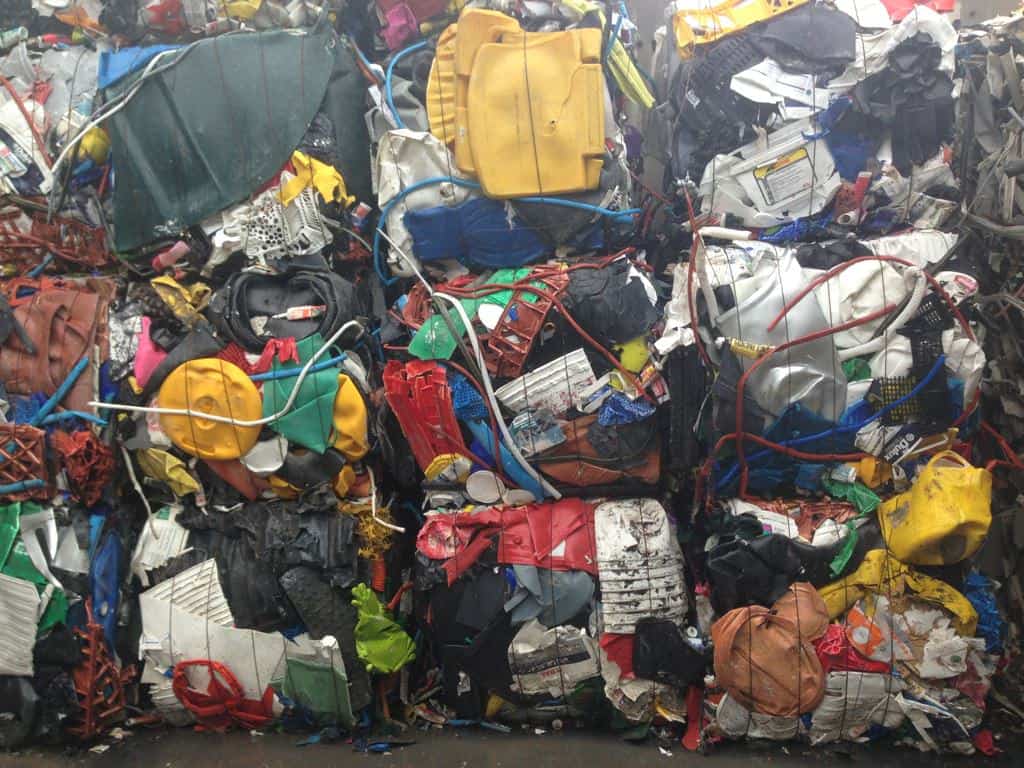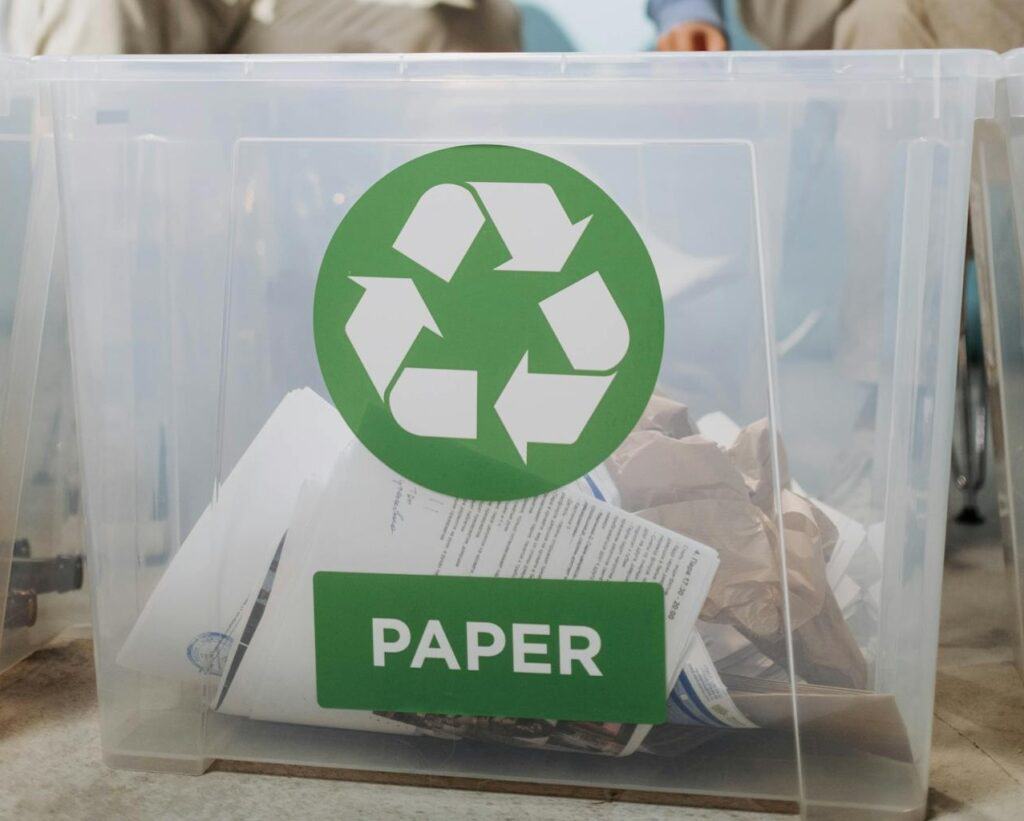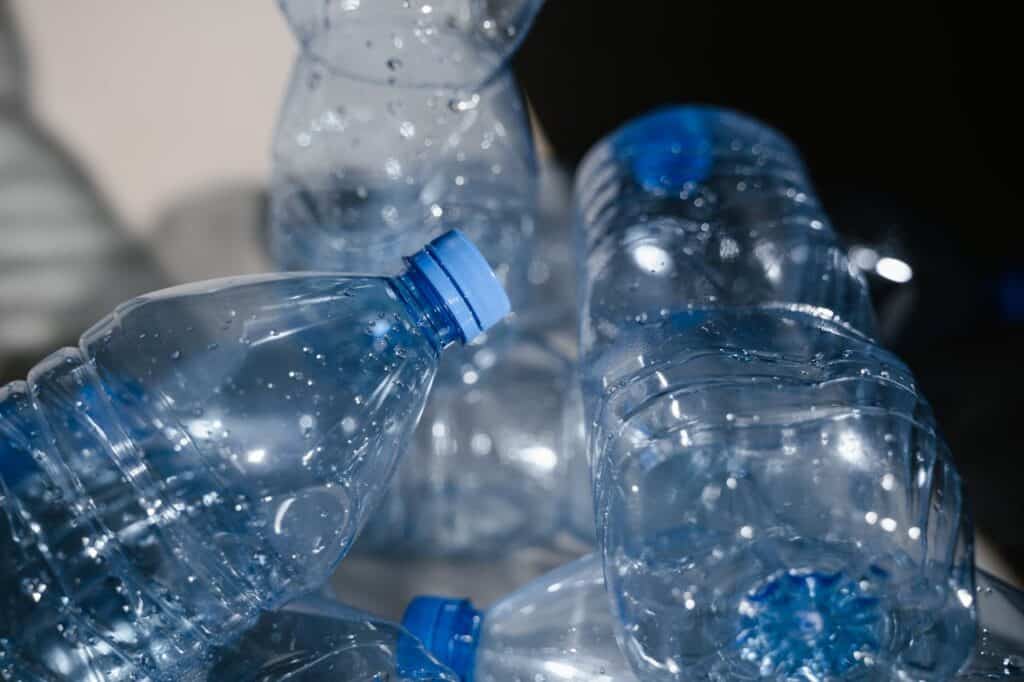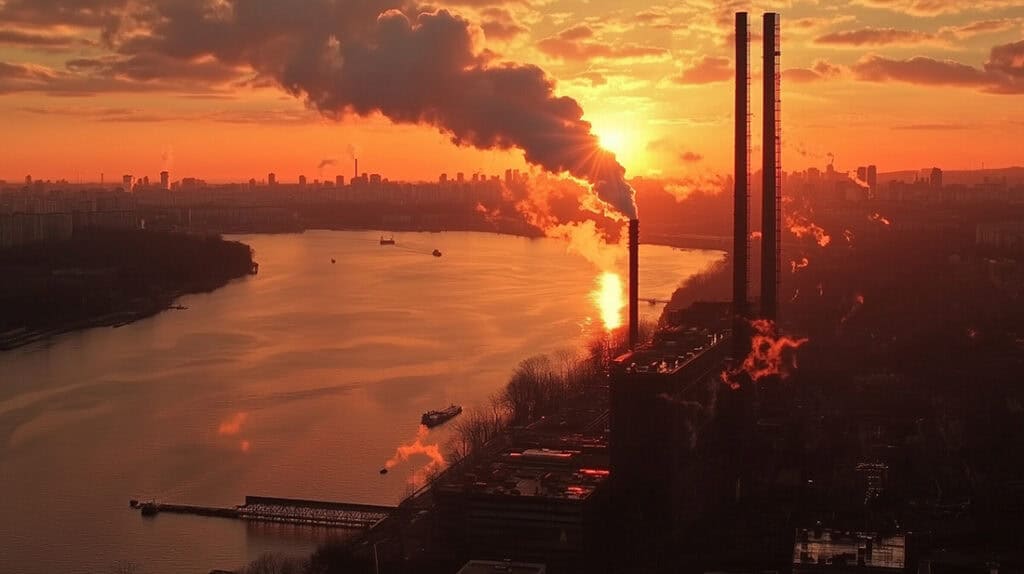Which material would you immediately estimate to be more lucrative to waste management companies, metal or plastic?
You’d say metal, right? Well once upon a time that may have been true, and in some senses it still is. Sure, there’s money to be made from scrap metal, but it all depends on what kind of metal you are selling and what your supplier and customer options look like. Plastic is making a big name for itself.
Light Iron Scrap
The plastic scrap market is quite volatile, but when it’s strong, it’s surprisingly strong, and in many ways it’s more consistent than the scrap metal market. Certain plastics, such as HDPE Scrap are currently fetching higher values than Light Iron. This change in fortunes has made plastic recycling more popular, in some ways this drives prices higher and in other ways it drives prices lower. Clean LDPE for example, has soared in value, currently being worth over £300 per tonne!
For many years now, the waste management industry, skip hire companies and recyclers have been taking advantage of scrap; but not all of them. The word ‘scrap’ inherently draws up a link to scrap metal, and the two are almost synonymously linked. However, with the rise of scrap plastic recycling, the myth that metal scrap is always best is beginning to deteriorate. Plastic scrap is full or misunderstandings and naiveties, what is worth what, how best to collect the material and where it can be sold to.
Currently, many types of plastic scrap are worth more than many types of scrap metal and vice versa. For example, Light Iron, one of the most popular scrap metals, is reaching £60 a tonne, whereas rigid HDPE is fetching £80-£150 a tonne. It must be taken into consideration that as plastic is lighter, a tonne takes up considerably more space, but there are three really important reasons that it’s beneficial to start collecting.
Reason one: The HDPE and PP Scrap markets are both more consistent over the last three years than the Light Iron market. This means that whilst Light Iron has wild fluctuations based on a myriad of international problems, HDPE and PP scrap can be quite reliable to fetch a sturdy price.
Reason two: RDF – Refuse Derived Fuel – which is an alternative term for incineration, is a very costly procedure, often charging somewhere between £68 and £88 per tonne. What has this got to do with plastic scrap? Let us explain.
When a Waste Transfer Station or a Skip Hire Company has to get rid of all the debris of their sorting process, they have to either take it to a landfill or take it to an incinerator. Incineration, known as RDF, is charged per tonne. Because of this, it makes sense to pull out all of the heavy bits of plastic, collect them and eventually bale them. Over time this plastic will add up and can be sold for reliable rebates, which will offset the cost of the incineration. The ‘dusty’ LDPE can fetch up to £140 a tonne when baled, so ensuring that it is segregated from the waste destined for incineration is vital.
And finally, reason three: Customers will absolutely love it. Waste Transfer Stations are competitive and customers want to see that their waste is actually being managed properly. Proving that you recycle plastic, as a sustainable alternative to incineration or landfill, is likely to win you a variety of tenders with potential customers.
So, to break the myth of the scrap metal merchant, plastic is a truly useful and vital material, well worth recycling and in many cases being more valuable and consistent in its market trading than metals. If you are a waste transfer station, skip hire company or materials recycler, it will be worth contacting Plastic Expert to help you understand the benefits further









